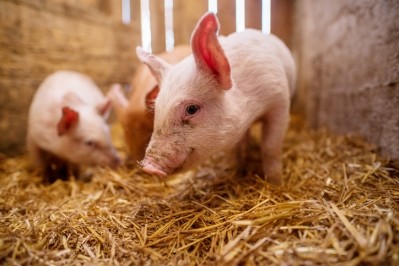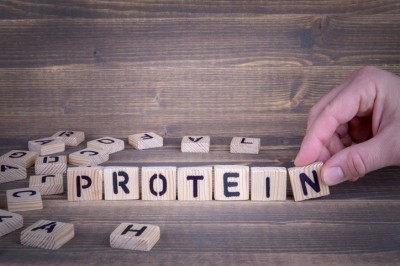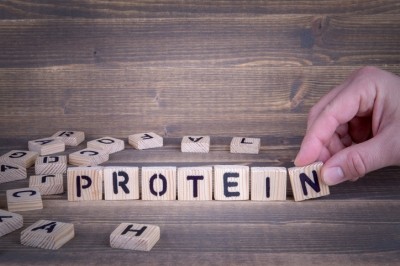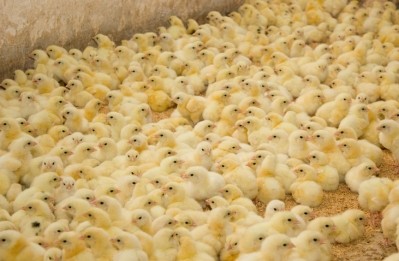special edition: Aquaculture Feed Innovation
White Dog Labs takes alt protein feed ingredient production to Nebraska
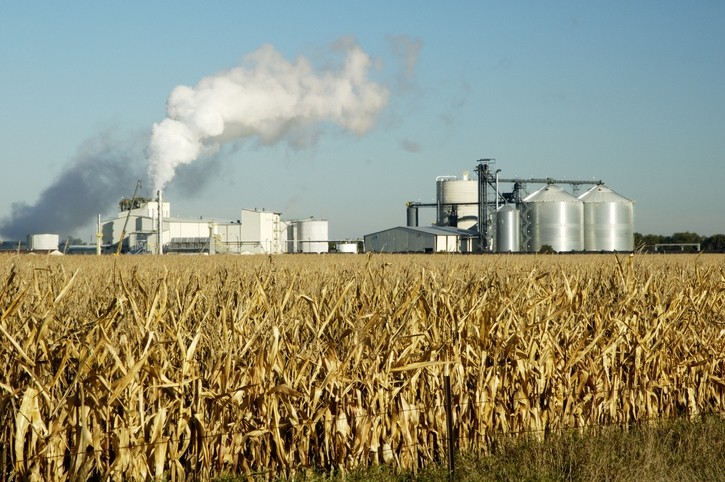
The Delaware-based biotechnology company announced recently that it was starting work on its first commercial-scale aquafeed-focused protein ingredient production facility in collaboration with Midwest Renewable Energy (MRE). The production facility is set to be built in Sutherland, Nebraska.
The company also announced that it received an investment from Invest Nebraska, last month. The organization is the state’s public-private venture development program.
The production facility is set to be collocated with a corn ethanol plant, said Bryan Tracy, CEO of White Dog Labs (WDL). The location provides access to a corn-based ingredient for the fermentation process.
“Even though agriculture is important to Delaware, we’re a small state, so we’d consume a sizable amount of the state’s corn production capacity for a plant of this scale with Midwest Renewable Energy,” he told FeedNavigator. “Our plant would have to be or [would be] most appropriately located in the Midwest … to have access to the feedstock.”
Additionally, the location provides access to the type of technology that can be repurposed and used to generate the company’s single cell protein ingredient, called ProTyton, he said. “It provides an interesting opportunity to ethanol plant owners to swing or shift production capacity to a different product other than ethanol,” he added.
White Dog and protein development
The startup company develops products intend to be commercialized in collaboration, said Tracy. Initially, the company worked on chemical production, but the ProTyton product focused on the production of microorganisms or single cell proteins.
“Simply put, we’re a biotechnology-based company using a unique organism platform and fermentation platform to develop solutions for animal nutrition and bio-based chemicals,” he said.
The single-cell protein product is fermented and generates as a co-product butyric acid, he said. The microbial strains used to generate the feed ingredient were found in the microbiome.
Although there could be several eventual uses for the single-cell protein ingredient, the initial target is the aquaculture industry, said Tracy. “We’re targeting cold water finfish – salmon, yellowfin, seabream, and our target markets are Norway, Japan and Chile,” he added.
There is increasing interest in and demand for fish protein, and aquaculture is playing a growing role in meeting those needs, he said. However, many of the high-value aquaculture species, like Atlantic salmon sea bream or sea bass, also rely on diets that incorporate amounts of fishmeal.
“One of the challenges is finding ingredients that will substitute well for fishmeal,” he added.
“Fishmeal is wild caught fish or fish trimmings,” Tracy said. “The supply of fishmeal likely can’t grow at the rate of demand and price is highly volatile.”
An alternative product also needs to address amino acid balance, he said. “Our focus on aquaculture is that there is very real market demand to bring new protein ingredients to the market now and at sizable quantities in the future if you can prove performance,” he added.
However, ProTyton is not intended to be a fishmeal replacement, but a supplemental or alternative protein ingredient, he said. “We don’t bring in those long chain fatty acids, the omega-3s, that’s not how we positioned the product, we’re a protein product.”
“We have a high protein content in our product, and it’s higher relatively than fishmeal, so we can maintain a good value for the product to come into an aquaculture diet while still reducing the formulated cost of the diet by making space in the diet for other low-cost protein,” he said.
New facility details
The upcoming facility is the first step in a multi-phase project, said Tracy. The first facility is being designed “from the ground up,” however, it is using some of the unused equipment on site initially intended for use in ethanol production.
“At the second phase of the project, if all goes well at the first phase, as we scale up to much larger quantitates we’d be converting some of their equipment capacity from ethanol production to ProTyton production,” he added.
The first facility is expected to see production of the protein feed ingredient start in the fourth quarter of 2019, he said. It is anticipated that it would be able to reach full production in a short period and generate about 3,000 metric tons of the protein feed ingredient a year.
“It’s a commercial scale plant, but not taking the full advantage of economies of scale,” Tracy said. “In addition to the being the first, small commercial-scale plant to essentially seed the market with our product – it allows us to really validate the processes associated with it and the economics of the process at a scale that’s less than 10x smaller than a full commercial-scale plant.”
If the first stage processed according to plan, the second part of the project likely would see engineering design efforts initiated prior to completion of the first plant, he said. The second phase of production would include a move to the generation of about 30,000 metric tons a year.
